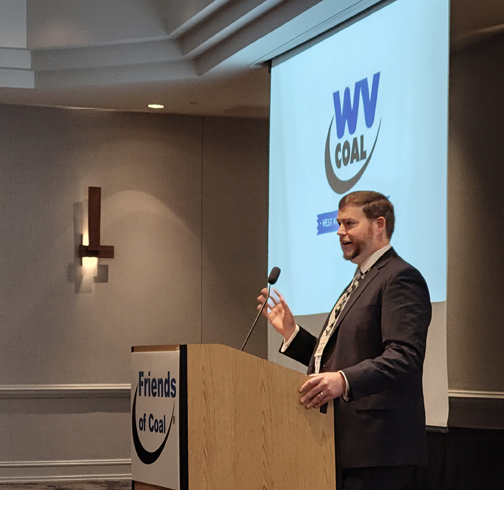On April 14, Christopher J. Williamson, Assistant Secretary of Labor for Mine Safety and Health, penned this letter to the mining community.
Dear Members of the Mining Community:

Forty-five years ago, Congress declared that the first priority and concern of everyone in the mining industry must be the safety and health of the nation’s miners. In the spirit of working together toward that important objective, I am asking the mining community to join the Mine Safety and Health Administration in focusing on identifying and eliminating safety and health hazards that can cost miners their lives. As we have learned throughout the years, we succeed when we work together, and miners are safer and healthier as a result.
The mining industry has not had the start to the year that we had all hoped, with 16 miners having already lost their lives in accidents. These accidents have involved vehicle collisions, electrocutions, falls from elevated surfaces, equipment roll-overs and drowning. The metal and nonmetal industry has experienced 13 fatalities to date, an alarming trend that we must reverse. In coal mining, MSHA continues to discover conditions and hazards that can cause explosions and fires, which we know from history can cause disasters and lead to numerous fatalities. The entire mining community – MSHA, miners, operators, and labor unions – must act to reverse these trends. MSHA will continue to use all the tools that Congress gave us, including enhanced enforcement, compliance assistance, and education and outreach activities. We ask that you remain equally vigilant every day in your work in our nation’s mines.
Again, miners are safer when we work together, with last year serving as an example. Although 29 fatalities are 29 too many, because of the collective efforts of the mining community, in 2022, fatalities were reduced by eight from the previous year, including a 71% reduction in powered haulage fatal accidents. MSHA believes that by continuing to combine our efforts, we can continue to reduce both powered haulage accidents and fatalities and serious injuries and illnesses caused by other hazardous conditions.
Fatalities can be prevented by implementing effective safety and health programs. Important elements in any safety and health program include workplace examinations and training. Both inform miners about workplace hazards and controls; help miners internalize the importance of safety and health practices; and contribute to a positive safety and health culture at the mine.
Congress also made clear that miners must play an active role in safety and health, and they should always be able to exercise their rights to be full participants with MSHA and the operator in maintaining a safe and healthy workplace. Furthermore, miners can only play that vital role if they are able to identify and report hazards without fear of retaliation or discrimination.
To prevent serious and fatal accidents, everyone in the mining industry needs to be on the alert for hazardous conditions. MSHA investigates each fatal accident and publishes information on each fatality on its website. MSHA also shares health and safety alerts and important information through the Miner Safety & Health app.
As part of MSHA’s outreach initiatives to reduce fatalities, serious injuries, and illnesses, we are announcing an annual “Stand Down to Save Lives” day on May 17. We encourage everyone in the mining community to join us in setting aside a time during this week to give additional focus to the safety and health of our nation’s miners. We will share an online tool kit and resources and would appreciate you amplifying our message.
I know that the entire community finds the troubling number of fatalities so far this year unacceptable. Reversing it will require the efforts of everyone in the mining community. MSHA knows that we cannot do this alone, and I am confident that we can count on you to continue to work with us to achieve significant improvements in miners’ safety and health. The nation’s miners, their families, and mining communities deserve no less.
